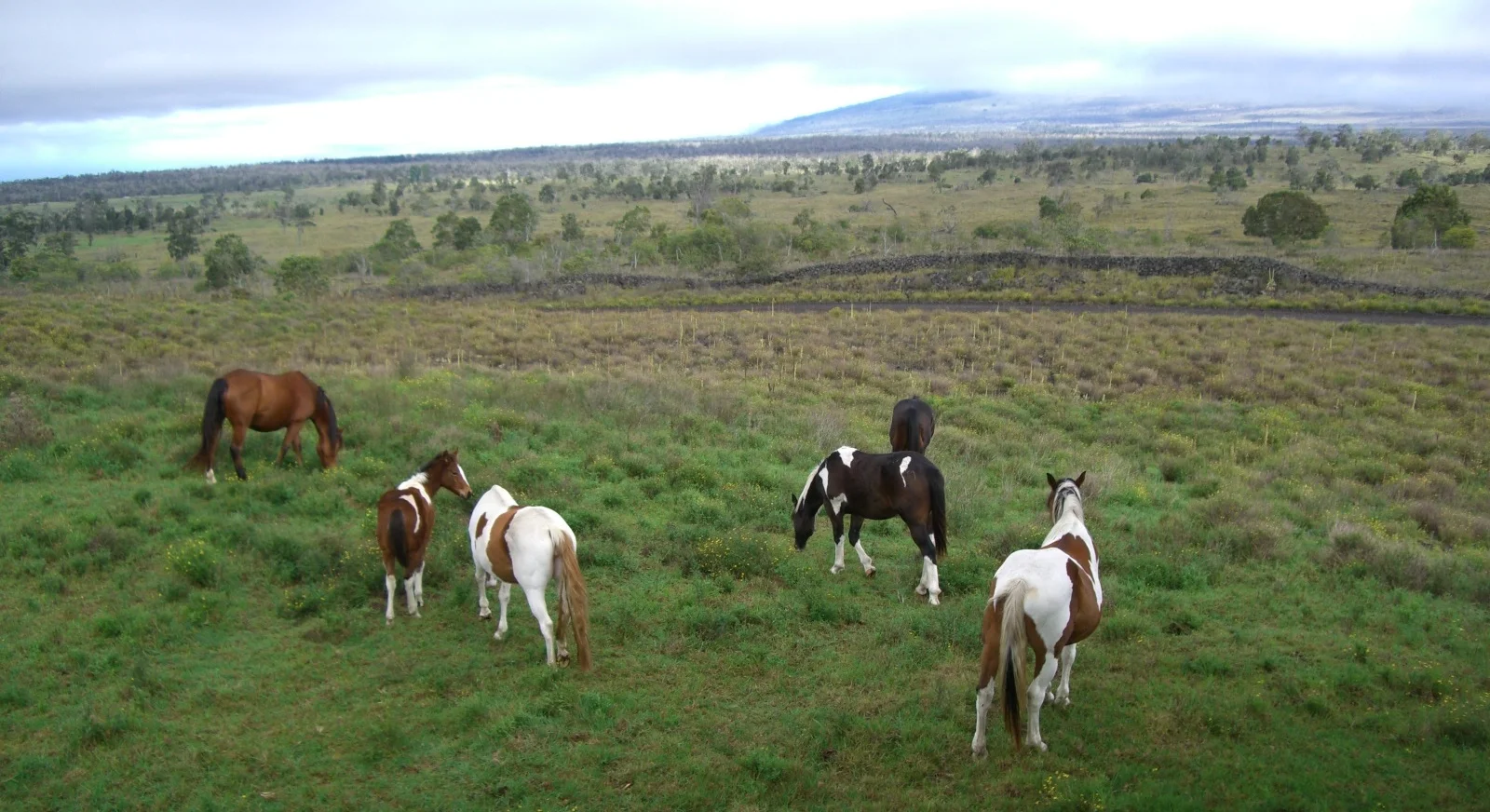Sue Mcdonnell phd, CAAB
Director, President
Sue’s interest in low-stress handling of animals goes way back to when she grew up on her family dairy farm. Her father was adamant about quiet, respectful, non-confrontational handling of livestock. Her 4-H activity was training and showing dairy cattle.
Sue’s undergraduate and graduate studies included human psychology and then animal physiology and behavior. She holds Animal Behavior Society Board Certification as an Applied Animal Behaviorist.
Sue’s professional career has been based at Penn Vet's New Bolton Center, where she is Founding Head of the Havemeyer Equine Behavior Program. There her work includes clinical, research, and teaching in equine reproduction and behavior, with particular expertise in stallion reproductive physiology and behavior. She also teaches horse handling and safety, equine welfare, as well as basic and clinical horse behavior for veterinary students, staff, and veterinary continuing education. For over 25 years, her research program has maintained a semi-feral herd of ponies living under natural social organization, as a model herd for study of natural horse behavior.
All of this experience together with her knowledge in ethology, animal learning and cognition, has fueled her fervent interest in promoting state-of-the-art low-stress, safe, and efficient handling and training of horses, domestic or otherwise.“When it comes to the capture and handling of wild horses and burros we need to support and celebrate every little step in the direction of low-fear, positive human-animal interactions.”
Our Team
Sarah Low dvm, CAAB
Director, Vice President
Sarah Low is a veterinarian and Certified Applied Animal Behaviorist with a passion for improving equine welfare. Prior to receiving her Doctorate of Veterinary Medicine from the Virginia-Maryland College of Veterinary Medicine, she earned a Bachelor of Science from the Massachusetts Institute of Technology in 2003 and spent several years working in the film and television industry as well as training horses and teaching riding lessons. In 2006 her special interest in wild horse welfare and behavior began when she spent time in Hawaii trapping and handling feral horses on a large cattle ranch. This experience was the catalyst for becoming a veterinarian and has heavily influenced Dr. Low’s desire to improve ways wild and feral horses are gathered, handled and managed. After graduating from veterinary school in 2015, Dr. Low completed a research training fellowship in equine behavior and welfare at the Equine Behavior Lab at University of Pennsylvania, New Bolton Center. During this fellowship Dr. Low designed and tested an equine handling welfare audit system for use at BLM wild horse and burro adoptions. In October of 2018, Dr. Low purchased two sales authority mustangs from the BLM and began gentling and training them using protected contact and positive reinforcement. Dr. Low uses photo and video documentation of her training and handling process with these mustangs to share and teach positive methods for handling any horse, even wild ones. She believes education is vital to improving equine welfare as well as handler safety.
Jaime Miller CVT
Director, Secretary, Treasurer, Semi-feral Herd Project Manager
Jaime Miller is a veterinary technician with over 30 years of dedicated service to horse health and behavior. Her professional career has been as a veterinary nurse and animal care and facilities supervisor at The University of Pennsylvania School of Veterinary Medicine’s New Bolton Center hospital. Beginning while in training at Harcum College, and continuing to today, Jaime has also been involved with Penn Vet’s Equine Behavior teaching, research, and clinical service program. She has helped to care for and conduct behavior research with Penn’s semi-feral pony herd, a living laboratory for study of behavior of horses living under natural social and environmental conditions. Through these experiences, Jaime has acquired extraordinary knowledge and skills in horse behavior and handling. She has exceptional ability to recognize and to localize sources discomfort in animals, whether physical or psychological. Jaime is a naturally effective teacher, with a gentle and kind manner, not only with horses, but also with helping people to adjust their behavior to effectively modify the behavior of their horses. She has been instrumental in promoting and teaching low-stress handling and training of horses, and particularly helping veterinary students and clinicians with compassionate, safe, and efficient handling of hospitalized patients. Jaime is life-long hobby equestrian, where she is respected as the go-to person for hands-on behavior modification assistance and advice to owners, trainers, and other veterinary professionals struggling with equine behavior issues.
Cade torcivia VMD, MSc, CAAB
Director, Herd Veterinarian, Welfare Officer
Cade Torcivia is a veterinarian who specializes in equine behavior. They received their veterinary degree from the University of Pennsylvania School of Veterinary Medicine in 2017. Following graduation, they spent a year completing a Havemeyer fellowship in equine behavior research under the mentorship of Sue McDonnell in the Equine Behavior Lab at the University of Pennsylvania’s New Bolton Center. During this fellowship, their research focused on the rehabilitation of healthcare procedure aversions and recognizing pain in horses. From 2018-2020, they completed a fellowship in laminitis research under the mentorship of Dr. Andrew van Eps in the Laminitis Lab at New Bolton Center and have continued to work at New Bolton Center in the role of Teaching and Research Associate ever since. They are passionate about educating veterinary students on low-stress handling of equine patients. In 2021, they received certification as a Certified Applied Animal Behaviorist from the Animal Behavior Society. In 2022, they completed a master’s degree in animal welfare and behavior from the University of Pennsylvania School of Veterinary Medicine.




